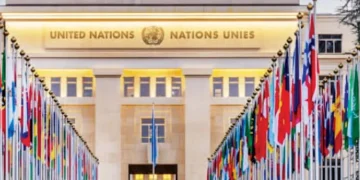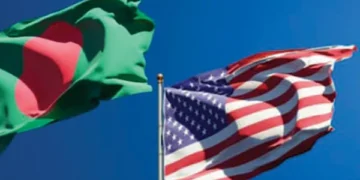Deepsee Dwivedi
BRITAIN’S newly elected government led by Keir Starmer is expected to resume the next round of negotiations for the proposed free trade agreement (FTA) with India sometime this month and resolve the pending issues to finally ink the deal this year itself. The talks, which began on January 10, 2022, are focused on issues like business mobility, Scotch whiskey, automobiles, farm products, pharmaceuticals, rules of origin, and a separate agreement to enhance bilateral investments.
Sticky points
Visas and climate laws may prove the likely sticky points, among others in inking the final trade deal, added reports. Though the Tories and Labour disagree on how to restrict immigration into the UK, there is a bipartisan consensus on the fact that it must be restricted.
India has been seeking temporary visas for its service sector workforce under the FTA, especially in IT and in financial services. New Delhi is also likely to face tougher negotiations on climate from the Starmer government, which has repeatedly been questioning the Tories for deviating from the UK’s 2030 net zero goals.
New Delhi has also sought relaxation in the carbon tax that the UK is expected to implement along the lines of the EU. During the trade deal talks that were being held both in-person as well as online through this time, India has argued that the proposed carbon border adjustment mechanism could take away much of the tariff concessions agreed during the FTA. But expectations of a positive outcome soared following a call between Britain’s newly elected premier and Prime Minister Narendra Modi of India on May 6. During the conversation, the leaders agreed to work towards an early conclusion of a mutually beneficial India-UK FTA. They exchanged congratulations on their respective election wins.
Mutually beneficial deal
Prime Minister Starmer said that he was ready to conclude a deal that worked for both sides. Labour had announced in its election manifesto, “We will seek a new strategic partnership with India, including a free trade agreement, as well as deepening co-operation in areas like security, education, technology and climate change.” India and the UK’s bilateral trade grew from $17.5 billion in 2021–2022 to $20.36 billion in 2022–2023.

































